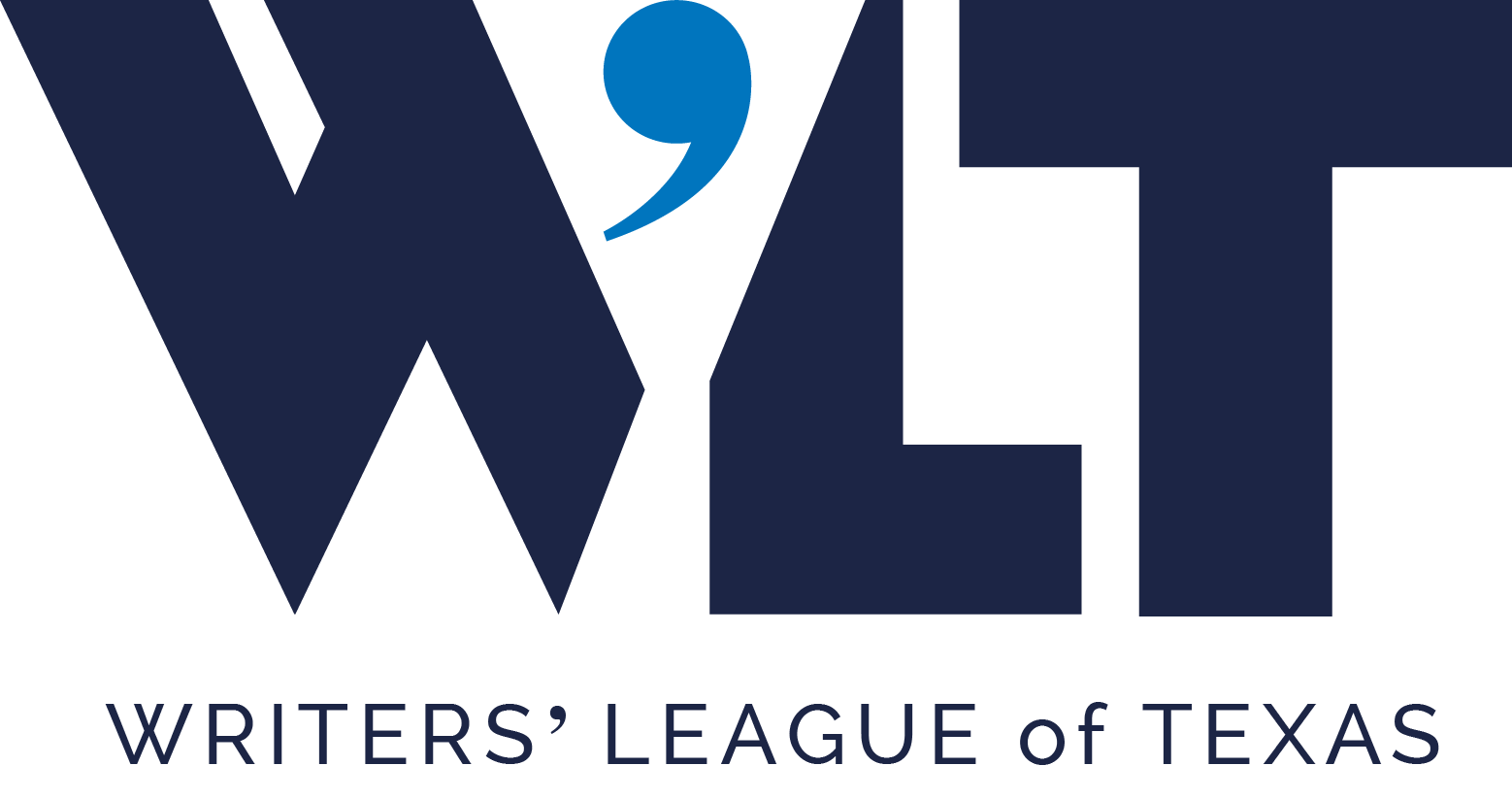“When you crowdfund a book, you create buzz–before that book is even launched. Suddenly you have a whole group of backers ready to celebrate when your book is released. You’ve also got an automatic number of pre-orders you can share. Once the book is complete, your updates to your backers–planning the release, throwing a party to get some books into hands and thank your backers in person–easily work double time as marketing pushes.”
-Jodi Egerton
Jodi Egerton is the co-author of This Word Now, a crowdfunded book of writing prompts and essays on the craft and process of writing. She also crafts custom poems on vintage typewriters with Typewriter Rodeo (and has written poems for the likes of Sharon Stone and former U.S. poet laureate Billy Collins). Jodi earned her Ph.D. in English from the University of Texas at Austin, where she served as the Assistant Director of the Division of Rhetoric and Writing and the Training Specialist at the Undergraduate Writing Center. She conducts workshops that combine improvisation games with writing exercises to energize writers and encourage breaking through writer’s block. She also teaches workshops on effective writing strategies; the nuts and bolts of clear, concise writing; and communication and team-building.
Jodi is teaching a class for the Writers’ League of Texas called “Crowdfunding Your Book” on December 12 at St. Edward’s University in Austin, TX. This class will teach students how to harness the power of social media and marketing to fund the publication of their books. Read the interview below and visit the class page to learn more.
 Scribe: Crowdfunding a book is a relatively new tool available to writers. For the uninitiated, what does “crowdfunding” mean? How does it work?
Scribe: Crowdfunding a book is a relatively new tool available to writers. For the uninitiated, what does “crowdfunding” mean? How does it work?
Jodi Egerton: Crowdfunding is a way of raising money for a project by gathering funds from a crowd. Rather than one big investor launching a product, a crowdfunded project gathers smaller amounts of money from a larger group of people, with the promise of rewards for their support. In the book publishing world, this generally means at a minimum pre-ordering the book, in print or digital format.
When you launch a crowdfunding project, usually you host your project on one of the crowdfunding platforms. You then set a timeline for your project, and a funding goal. Over the time period (usually about a month) when your project is live, you turn into a marketing/PR professional–you’re working hard to convince people to buy in to your project and to you as someone who’ll fulfill your promises about the project.
Once you reach the end of your campaign, if you reach your funding goal, you’re on your way! You get the money to work on your project, keeping your backers updated along the way, and then get the joy of sharing the completed project with them.
Scribe: Are there particular kinds of books that might be better suited to crowdfunding?
JE: In truth, much of the success of a crowdfunding project has to do with your ability to generate that crowd–convincing enough people that they want to pre-order your book. So rather than particular kinds of books, I’d say crowdfunding projects are better suited to people who are ready to get out there and hustle–you have to market a book that isn’t yet complete (most likely) and convince people that they want to put their money towards your project.
Scribe: One thing that may deter people from crowdfunding is the risk involved: what if the funding goals aren’t met? Then what? What would you say to people worried about meeting or not meeting their goals?
JE: One of the big things we’ll talk about in the class is how to set a realistic funding goal. And that means both realistic for your needs for the project and also realistic for what you think you can raise via your community. Almost all of your funders will be people you know–we had 322 backers of our Kickstarter project, and less than 10% were people who were completely unknown to us. So that’s important–assessing your community, how you’ll reach out to them, and what expectations you might have for their support.
It’s wise to have a backup plan if you don’t meet your funding goal, and that’s something we’ll discuss further in the class. There are lots of options out there for getting your book out into the world these days. And also there’s a lot of value in pausing to assess your crowdfunding campaign and figure out why you may not have met that goal. We launched our Kickstarter partly as a test to see if there was interest in our book–if we didn’t reach our funding goal, we’d have a pretty clear answer.
Scribe: In the class description, you talk about how crowdfunding can work hand-in-hand with book marketing in general. Can you give an example of this from your own book?
JE: When you crowdfund a book, you create buzz–before that book is even launched. Suddenly you have a whole group of backers ready to celebrate when your book is released. You’ve also got an automatic number of pre-orders you can share. Once the book is complete, your updates to your backers–planning the release, throwing a party to get some books into hands and thank your backers in person–easily work double time as marketing pushes. And then your satisfied backers share your new book on social media, expanding the reach of your own network. We’ll talk in the class about different strategies for using your crowdfunding rewards distribution as part of a larger marketing plan.
—
Thanks, Jodi!
Click here to register for Jodi’s class.
Click here for our current class schedule.









